Phonics recognition Alphabet Worksheets for 5-Year-Olds
11 filtered results
-
From - To
Discover our engaging Phonics Recognition Alphabet Worksheets designed specifically for 5-year-olds! These worksheets provide a fun and interactive way for young learners to develop essential phonics skills. Each activity encourages letter recognition, sound association, and vocabulary building, ensuring a solid foundation in early literacy. With vibrant illustrations and easy-to-follow exercises, children will enjoy mastering the alphabet while enhancing their reading abilities. Perfect for home or classroom use, our worksheets cater to diverse learning styles, fostering independent learning. Give your child the tools they need to succeed as they embark on their reading journey with our phonics recognition resources!
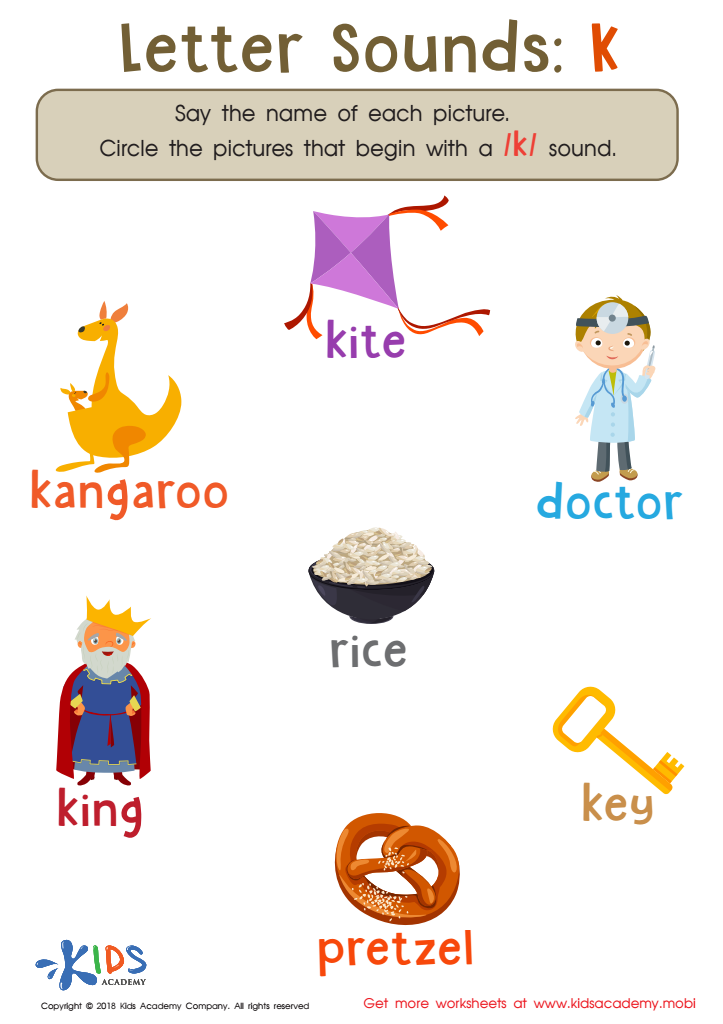

Letter K Sounds Worksheet
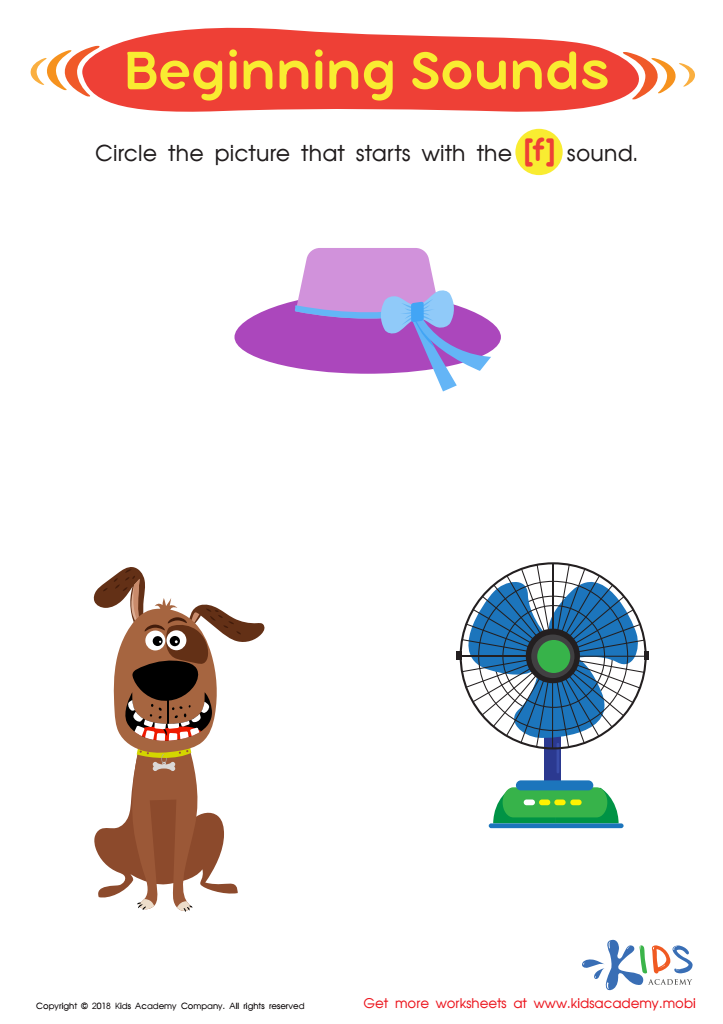

Beginning Sounds Assessment Printable
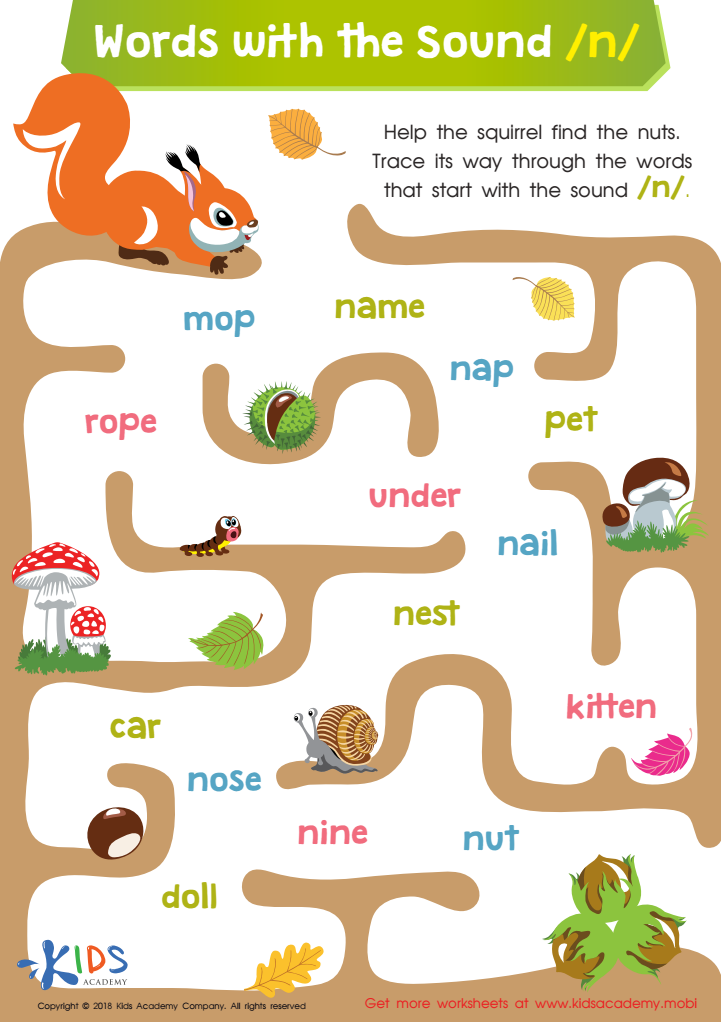

Words with Sound N Reading Worksheet
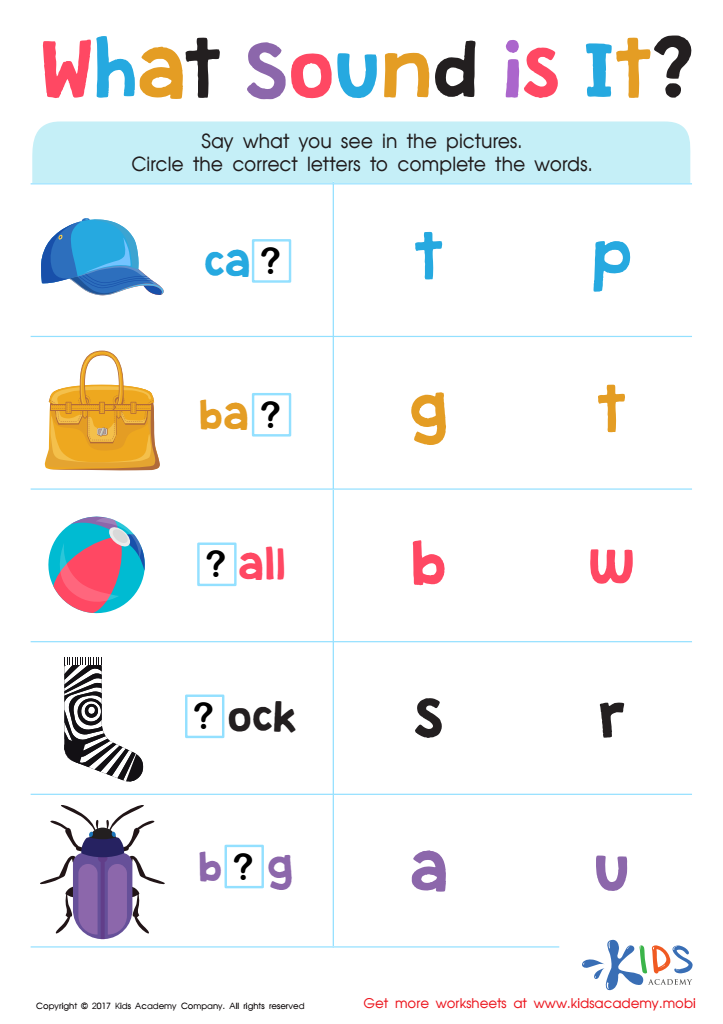

What Sound Is it? Worksheet
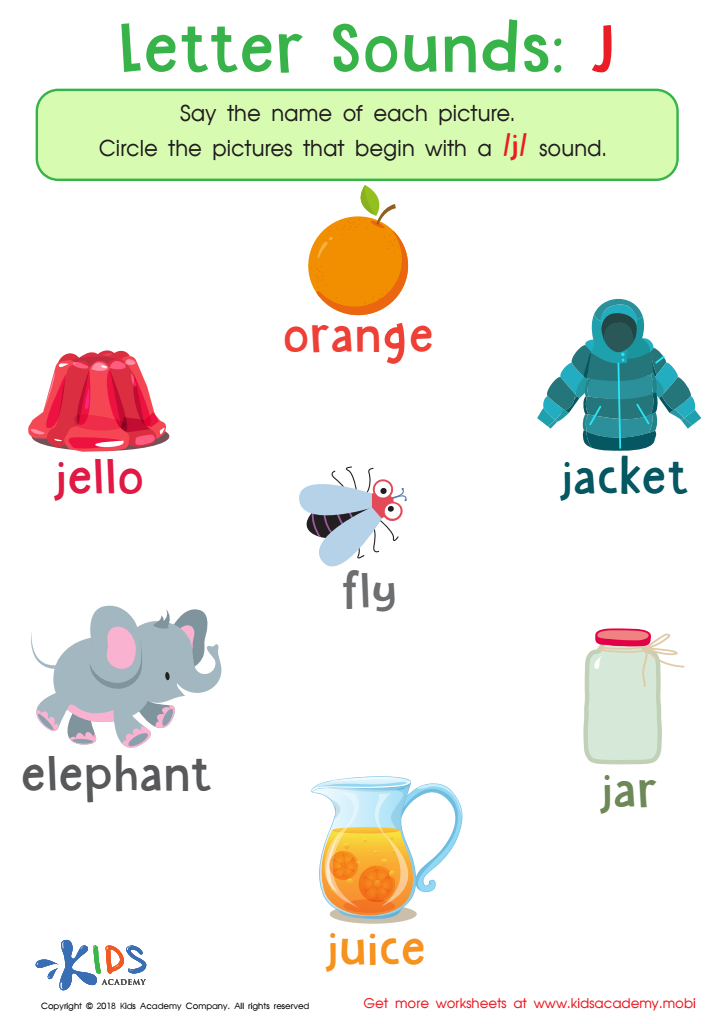

Letter Sounds: J Printable Worksheet
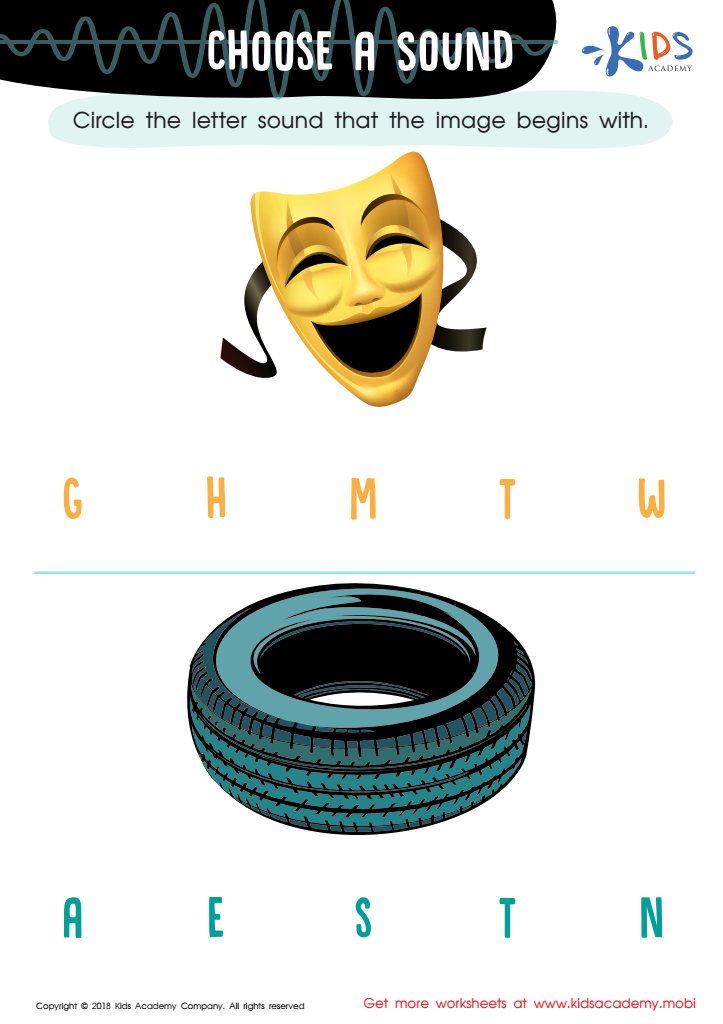

Choose a Sound Worksheet
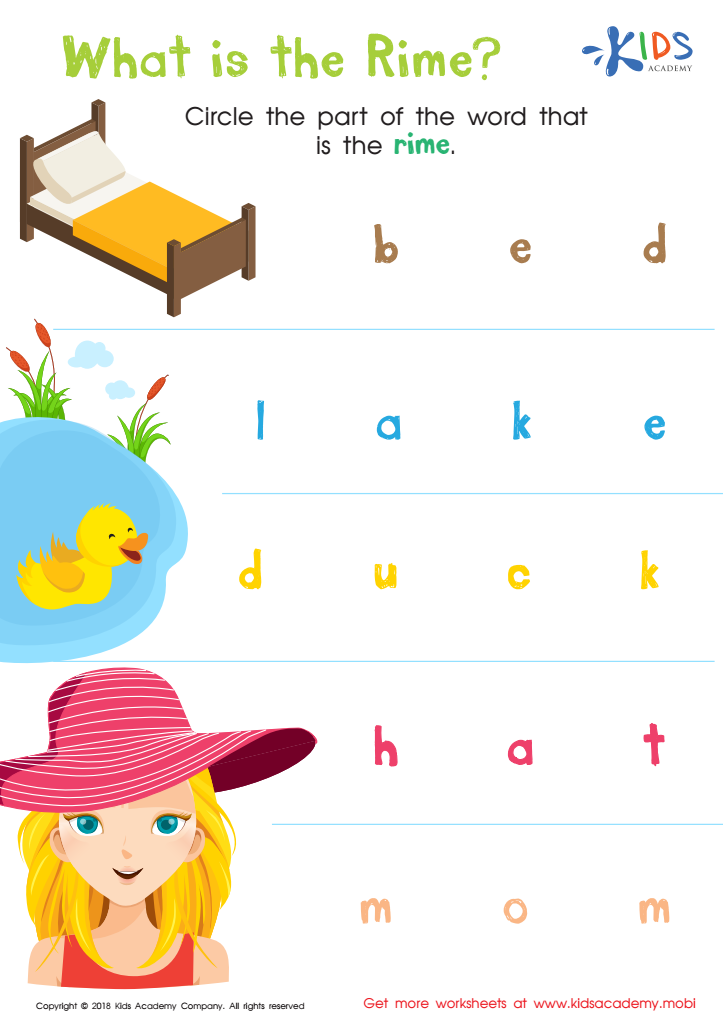

What Is the Rime? Worksheet
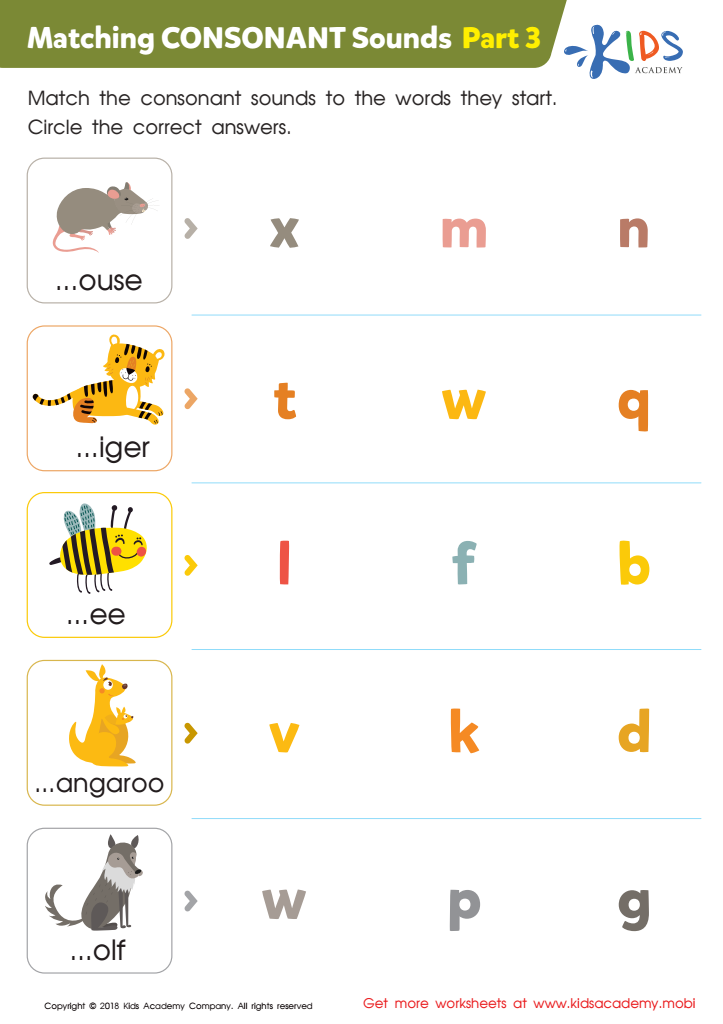

Matching Consonant Sounds: Part 3 Worksheet
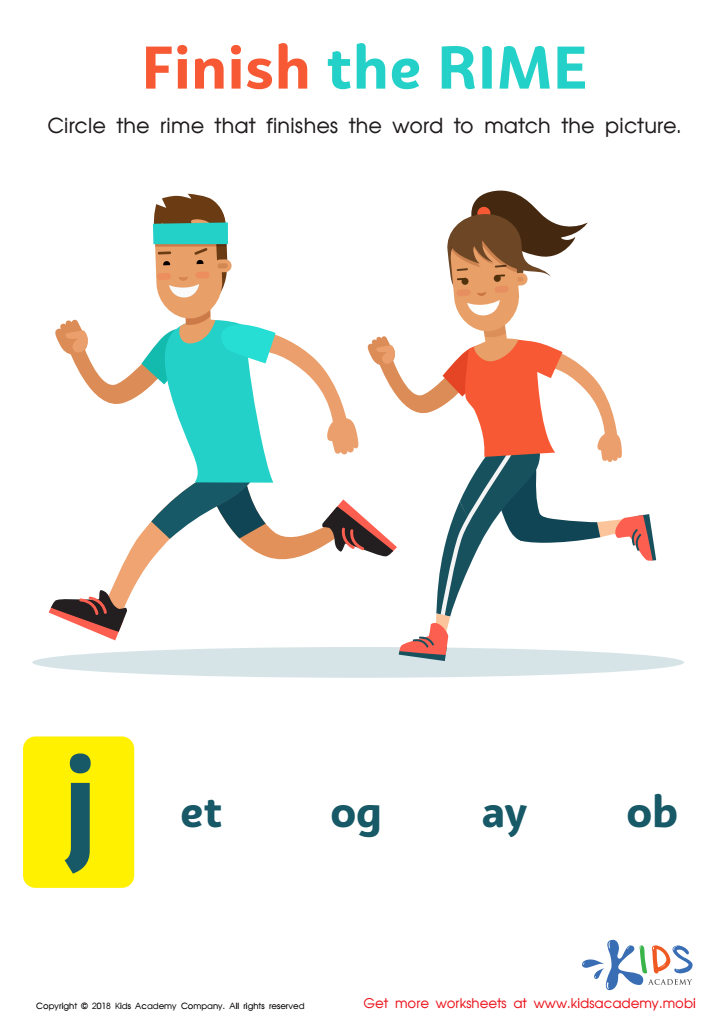

Finish the Rime Worksheet
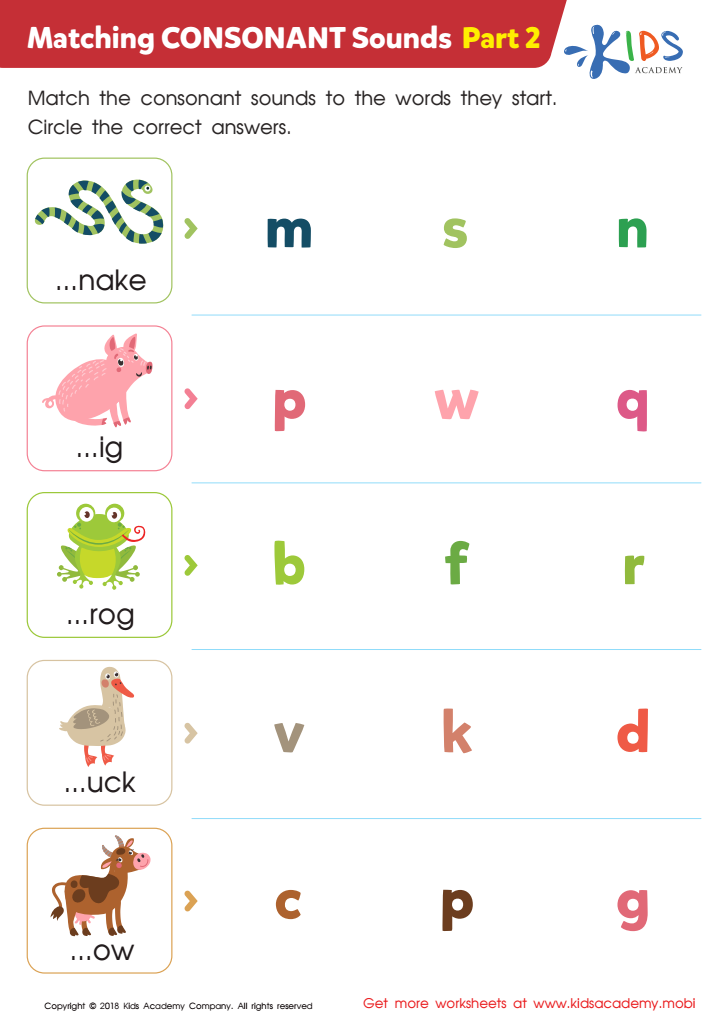

Matching Consonant Sounds: Part 2 Worksheet


Phonics and Word Recognition: Assessment 1 ELA Worksheet
Phonics recognition is crucial for 5-year-olds as it serves as the foundation for their reading and writing skills. At this age, children are just beginning to connect letters with sounds, which is essential for decoding words. When parents and teachers prioritize phonics, they empower kids to gain confidence in their reading abilities.
Understanding phonics helps young learners comprehend the alphabet and recognize letter patterns. This familiarization enables them to move beyond rote memorization of words and fosters a deeper grasp of language structure. As children become skilled in phonics, they can better tackle unfamiliar words, which encourages independent reading and enhances vocabulary development.
Moreover, phonics recognition supports a child's cognitive development by promoting critical thinking and problem-solving skills. Engaging with phonics in fun and interactive ways, such as through songs, games, and storytelling, not only bars reluctance but cultivates a lifelong love for reading.
Parents and teachers play a vital role in creating supportive environments where phonics is integrated into everyday life. By emphasizing phonics recognition, they invest in a child's future literacy skills, ultimately paving the way for academic success and effective communication in a world where reading is a fundamental skill.

 Assign to My Students
Assign to My Students










.jpg)








